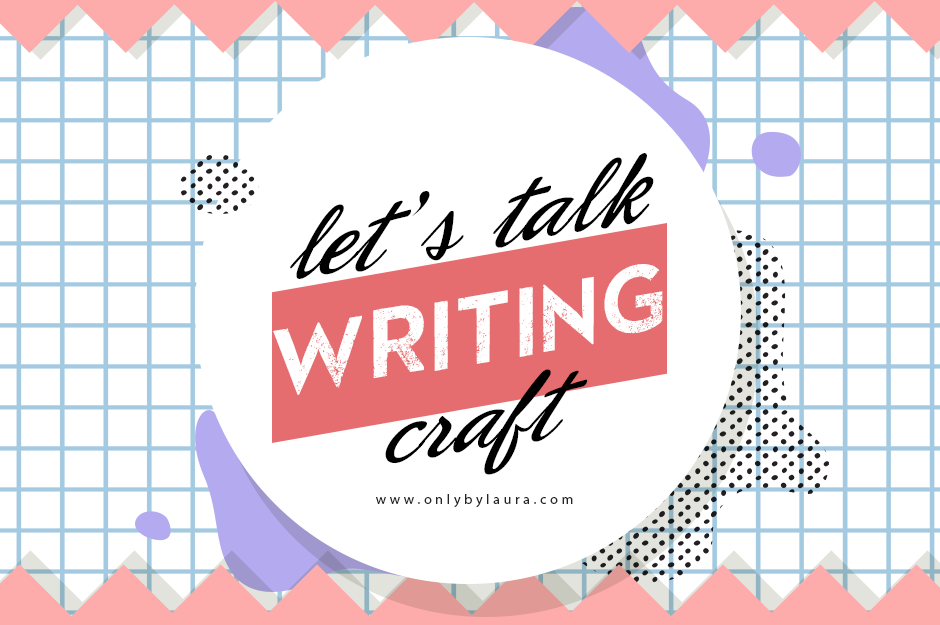
Hey everyone!
Today I’m going to talk a little bit more about the editing process, which can leave so many writers confused. Everyone does writing differently–some people edit as they write their first drafts–and others don’t, so you always have to find which method is perfect for you. What I’m going to say here might not work for it at all.
One of the first things I like to talk about when I talk about editing is the IMPORTANCE of the editing process. It’s absolutely vital that a book gets edited, both by the author as well as other people. Your book is never going to be ready in a first draft, maybe not even a second. And the only way it gets better is if you rewrite and edit your book.
Ready for this post? Then let’s get on to the big questions.
-
How do you know when to edit a text?
Well, the first thing about editing is that it’s usually done after you’re done with a rough first draft. It’s no use doing line edits or going back and forth with minor things that are wrong in your story. It’s better to finish a good and solid first draft rather than edit the particulars of your text.
-
But I’ve changed my mind and the plot is different now. What do I do? Don’t I need to edit?
That really depends. I’ve only had to restart a draft maybe once or twice, because it depends on how big those plot changes are. If it affects the whole book, it might indeed be better to just start it again. If not, just mark on a paper your changes and where you started them, and then continue to draft normally. This is usually what I do.
-
What is the first thing you do when you edit?
When I’m editing by myself my first draft, usually I’m acutely aware of what I failed to do in the first draft. I make a list of all those things, whether they are character motivations, settings or plot lines that I’ve forgotten, or plot holes, and then try to fix them one by one.
-
What is your favorite editing method?
I’m a huuuuge fan of Susan Dennard’s method, but I’ve simplified it over the years. Basically I do the same things as listing what happens in each scene (with scrivener), and then I chronollogically go change them one by one as I’m drafting it a new. I’ve also found helpful to type the book again, especially the scenes that were harder to write. Usually I also make a check-list of all the things I need to change in a new big picture edit, so I can check them when I’m done and make sure I’ve been through it all.
-
What do you edit first?
I always look for Big Pitcure issues first. These consist of setting, characters, and plot. Those things will surely affect more in my story than let’s say, whether a dialogue seems like something a character would say or not. Big Pitcture stuff is always what you should edit first, and then move on from there.
-
Do you use Critique Partners and Beta Readers?
Yes! I can never find all the plot-holes by myself. CPs and betas are essential to any writer’s writing process, because their feedback is what will make you understand what’s wrong with your book, and how you can start fixing things. They are the first people who will read your book, and their feedback is very important to what you want to accomplish with your book.
-
How many times do you edit a book?
Again, it depends on what the book needs. There were a total of 6 big re-writes for The Last 8, for example. 4 versions before I got my agent, the 5th version I revised under my agent’s feedback, and the 6th version is the one getting published. Each story is unique and requires different things.
-
Is there such a thing as over-editing?
Yes. If you just keep changing a couple of lines back and forth, over and over again, it’s probably time you query agents. Nothing is going to change with a couple of lines. Just go do the things.
Was this post helpful to you? Do you guys have anymore pressing questions about editing? Let me know in the comments!
